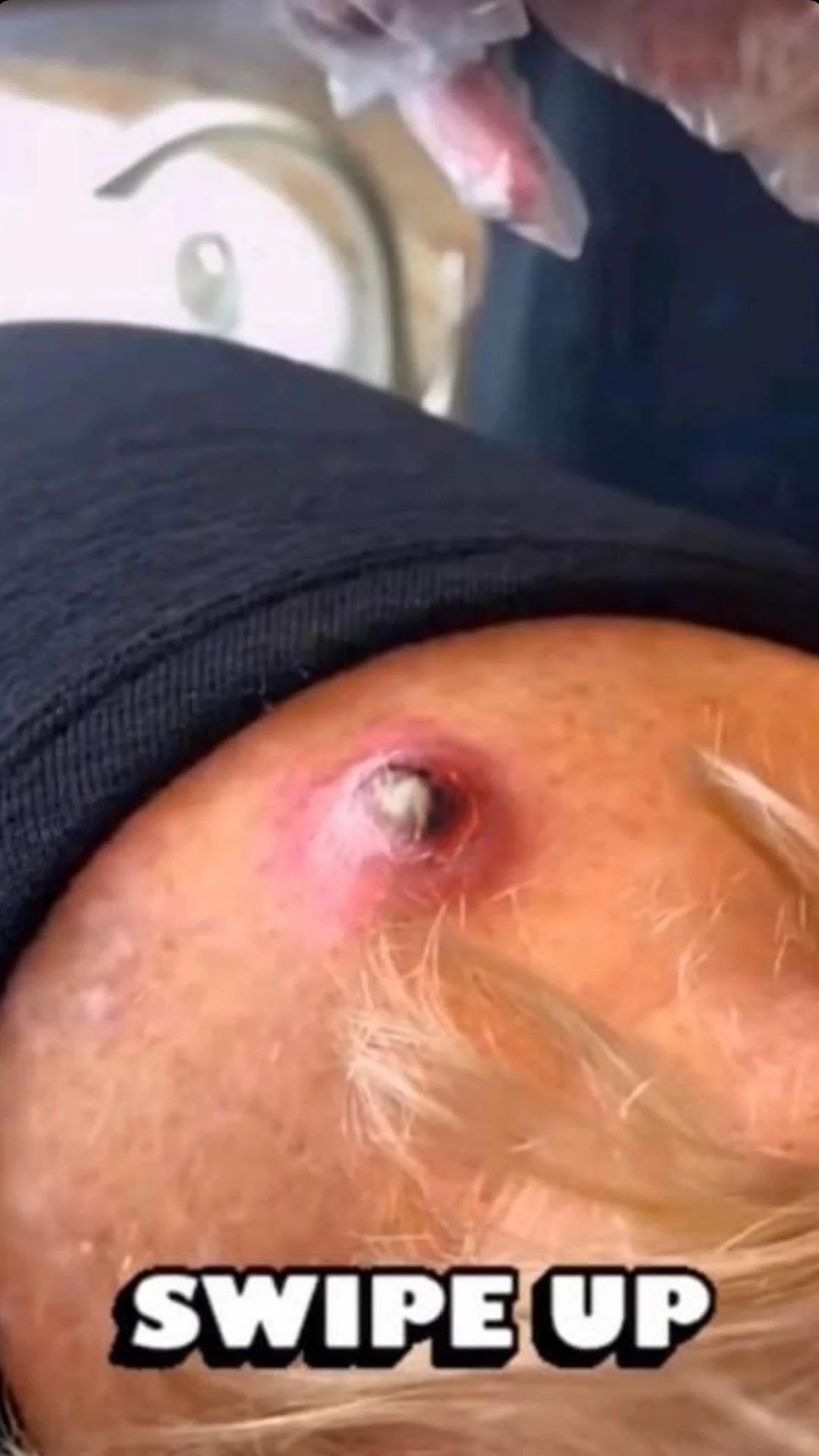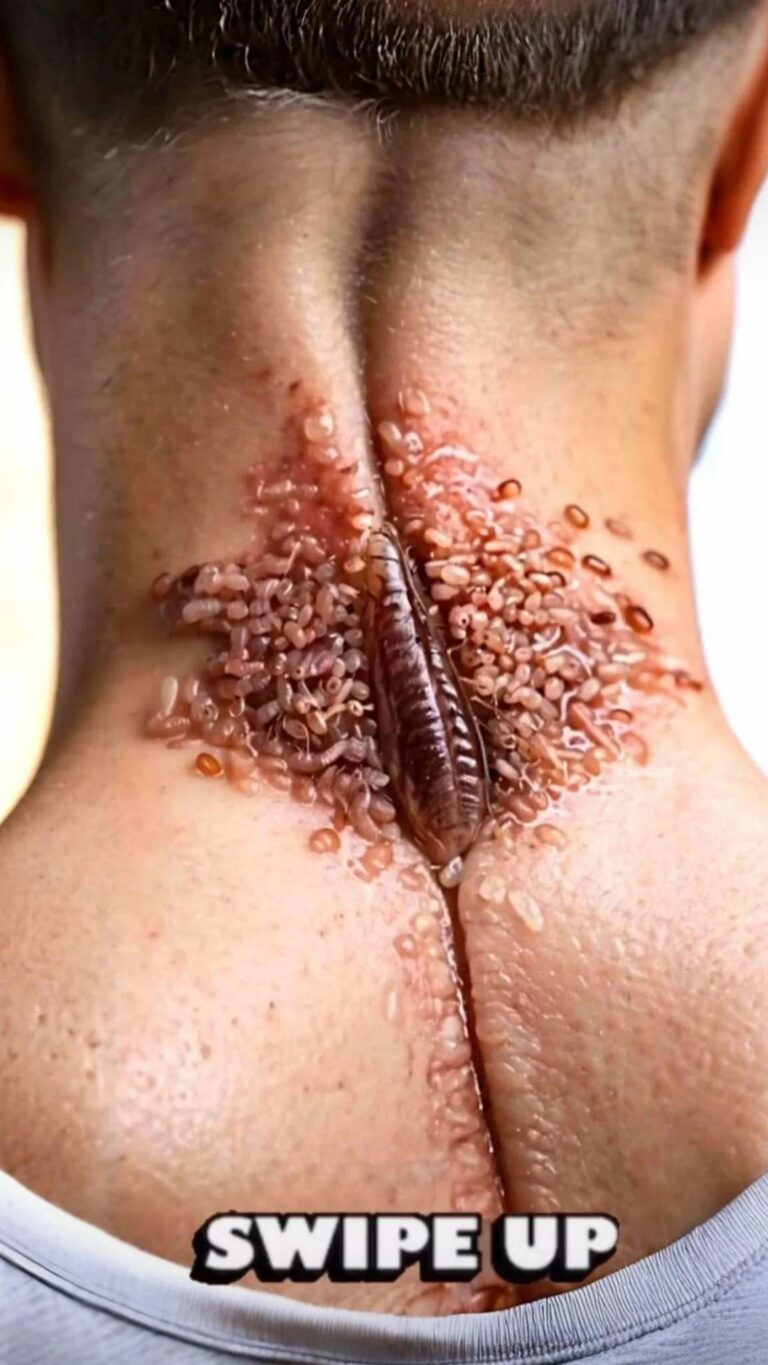IMMEDIATE HEALTH ALERTS!
Understanding and Treating Inflamed Skin Lesions: A Guide to Effective Care
Introduction
Skin health is vital for overall well-being, but sometimes, our skin develops issues like cysts, pimples, or boils. These unsightly and often painful inflamed skin lesions can cause discomfort and concern. This article will explore the causes, symptoms, and treatments for such skin issues, focusing on prevention and proper care.
What is an Inflamed Skin Lesion?
Inflamed skin lesions can manifest in several forms, including pimples, cysts, and boils. These occur when bacteria, oil, and dead skin cells become trapped in hair follicles, leading to infections or blockages.
- Pimple: A small lesion caused by clogged pores.
- Cyst: A deeper, often painful lump beneath the skin.
- Boil: A painful infection of a hair follicle or oil gland filled with pus.
Common Causes
- Bacterial Infection: The most common cause of inflammation, leading to redness, pain, and swelling.
- Ingrown Hairs: When hair grows back into the skin, it can lead to infections.
- Clogged Pores: Dead skin and oil can block hair follicles, resulting in pimples or cysts.
Signs and Symptoms to Watch For
Inflamed lesions can start as small red bumps that may enlarge and become painful over time. Key symptoms include:
- Swelling and redness around the lesion.
- A noticeable head of pus.
- Sensitivity or pain around the area.
Treatment Options
Over-the-Counter (OTC) Solutions: Products containing benzoyl peroxide or salicylic acid can help clear mild cases of clogged pores and pimples.
- Warm Compresses: Applying a warm compress to the affected area helps promote drainage, especially for boils.
- Avoid Picking: It’s essential to avoid squeezing or picking at the lesion to prevent further infection and scarring.
- Topical Antibiotics: If the lesion shows signs of infection, over-the-counter topical antibiotics can be used to reduce bacteria.
- Medical Treatment: In severe cases, such as large boils or deep cysts, professional drainage or a prescription antibiotic may be necessary.
Preventing Skin Infections
- Good Hygiene: Regularly washing the face and affected areas to keep pores clean can prevent skin infections.
- Avoiding Irritants: Using non-comedogenic skincare products to avoid clogging pores.
- Exfoliation: Gentle exfoliation can help remove dead skin cells and prevent blockages.
When to See a Doctor
If you notice the lesion worsening, becoming excessively painful, or not healing after a week of self-care, it’s time to seek medical advice. A doctor may need to drain the cyst or prescribe oral antibiotics.
Conclusion
Inflamed skin lesions, while common, can be effectively treated and prevented with proper skincare and hygiene practices. Understanding the causes and addressing them early on is key to maintaining clear, healthy skin. If at-home treatments don’t work, professional help is available to ensure the lesion heals without further complications.






